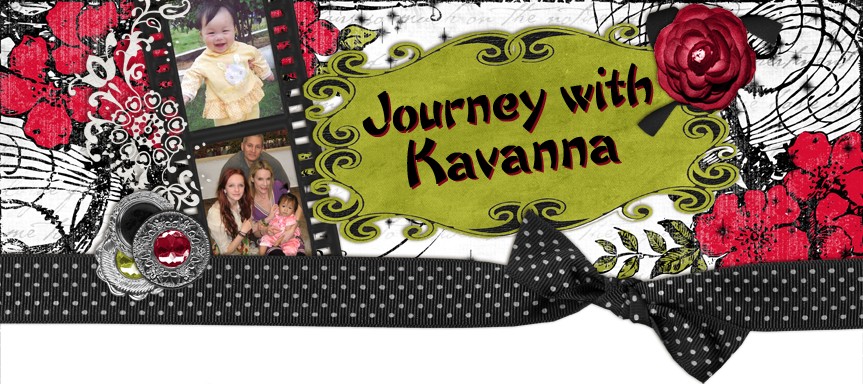

I love history (I could watch the History Channel around the clock, except for Law & Order re-runs). Here are a few interesting facts about Chinese history:
Chinese Emperor Shi Huang-Ti built a network of 270 palaces, linked by tunnels, and was ao afraid of assassination that he slept in a different palace each night.
A terracotta army of six thousand men and horses was buried with Shi Huang-Ti, China's first emperor, at Xianyang.
The purpose of the Great Wall of China, the monumental fortification separating China from Mongolia, was not especially to keep out the Huns from the north. The Huns could easily find places along the stretch that they could scale with ladders. But they couldn't get their horses across. Without their horses, they weren't very effective warriors.
Paper was invented in China around 105 A.D., by the eunuch Ts'ai Lun. According to the official history of the Han dynasty (3rd century A.D.), Ts'ai Lun was given an aristocratic title after he presented Emperor Ho Ti with samples of paper. In 751 A.D., Chinese papermakers were captured by the Arabs at Samarkand, and by 794 A.D. several state-owned paper mills operated in Baghdad. The Arabs were manufacturing paper in Spain around 1150. It was not until 1590 that the first English paper mill was founded, at Dartford.
The Chinese physician Hua T'o, born sometime between 140 and 150 A.D., was the first doctor known to perform surgery under general anaesthetic. The potion used to render his patients unconscious was a mixture of hemp and strong wine called ma fei san.
Fingerprinting was used in China as early as 700 A.D. (who knew it would one day be an essential component to adopting from China!)
Cheng Ho, court eunuch and great admiral of the Ming Dynasty, led Chinese fleets on seven voyages of conquest and diplomacy, between 1405 and 1433. As a result of Cheng Ho's voyages, which ranged as far as West Africa, 36 countries sent tribute to China. However, in 1433, the eunuchs' opponents gained the upper hand in a power struggle in the Chinese court, and the fleets stopped, shipyards were dismantled, and outbound shipping was forbidden. Had these voyages continued, it is possible that the Chinese would have "discovered" America before Columbus.
Some nineteenth-century Chinese warlords had an interesting way of fighting their battles. The rivals would meet in a tent and have an elaborate tea ceremony, during which each leader would drop hints at to the size of his army, the size and firepower of his weapons, and his chances of victory. Then the two would balance accounts, with one usually admitting that, because his enemy was stronger and deserved the victory, that he himself would accept the role of loser and pay reparations. The two armies then went their separate ways without loss of life. (Hmmmm, perhaps modern politicians should take a cue from the past).
You can read other tidbits at this website.





1 comment:
I love those interesting little facts!
Post a Comment